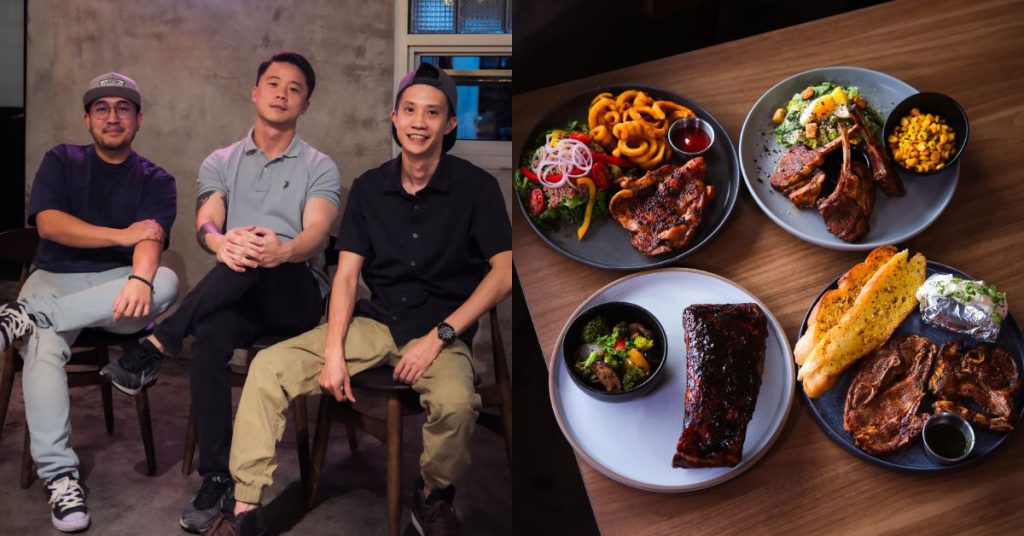For Samuel Teh, Joshua Aaron Marks, and Ben Chew, the journey from corporate dissatisfaction to running their own successful restaurant, The Charcoal Grill (TCG), has been nothing short of a culinary adventure.
These three friends, each with their own diverse backgrounds, came together with a shared vision: to break free from the constraints of corporate life and build something uniquely their own.
Samuel holds a degree in Business Management & Marketing from Taylor’s Lakeside University. His career spanned telemarketing, insurance marketing, and even driving for Grab.
While Joshua, with a degree in Hospitality & Culinary, found his calling in the corporate world before deciding that the kitchen was his true love.
Ben came from a background in Mass Communication at Segi University and worked in various fields from IT deployment to Uber driving. Together, they embarked on a journey that began with a simple idea and evolved into a thriving restaurant business.
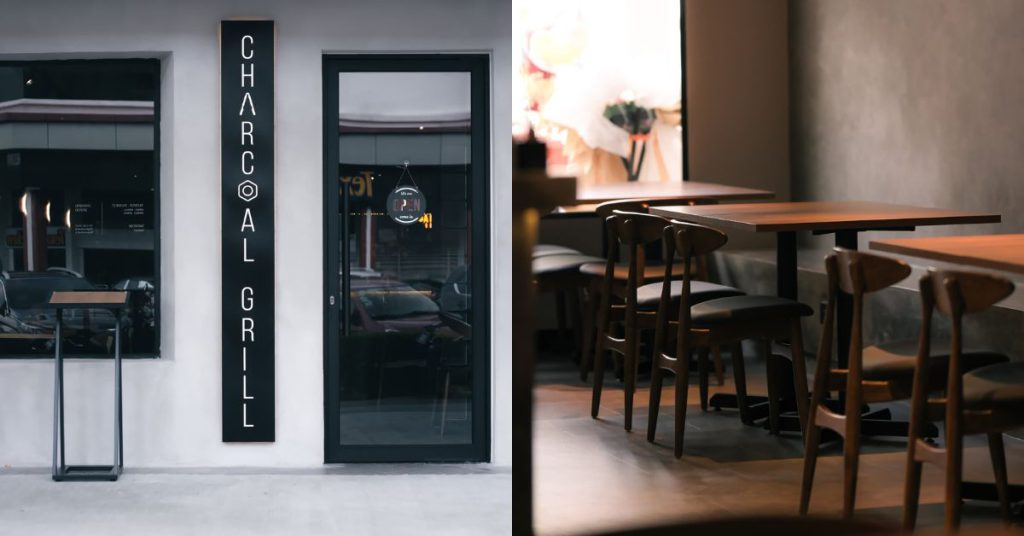
Samuel, the director of the business, told Vulcan Post, “The three of us share the same mindset—we don’t like to be controlled, we’re stubborn, and we don’t like taking orders or instructions from others. Our only way out was to start something of our own.”
A lamb shoulder that changed everything
Joshua planted the seeds of TCG during Christmas gatherings at his place, where he would organise BBQs featuring his signature marinated New Zealand lamb shoulder.
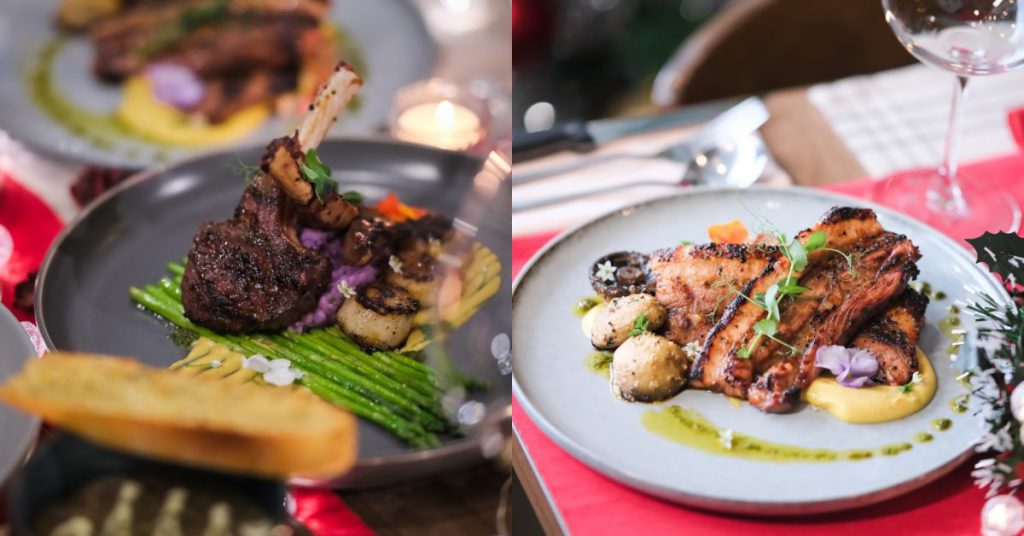
Samuel, not a fan of lambs due to his Chinese zodiac being that of a goat, had a revelation after tasting Joshua’s creation.
His question, “Why the heck are you not selling this?” was the spark that ignited the dream of TCG.
The initial plan was to start with a food truck, but after considering the costs and challenges, they pivoted to a more feasible option—a kopitiam stall.
“Food trucks are too easily affected by weather, and knowing Malaysians, we complain when it’s too hot, we complain when it’s raining too much, we complain when it’s too cold,” he said.
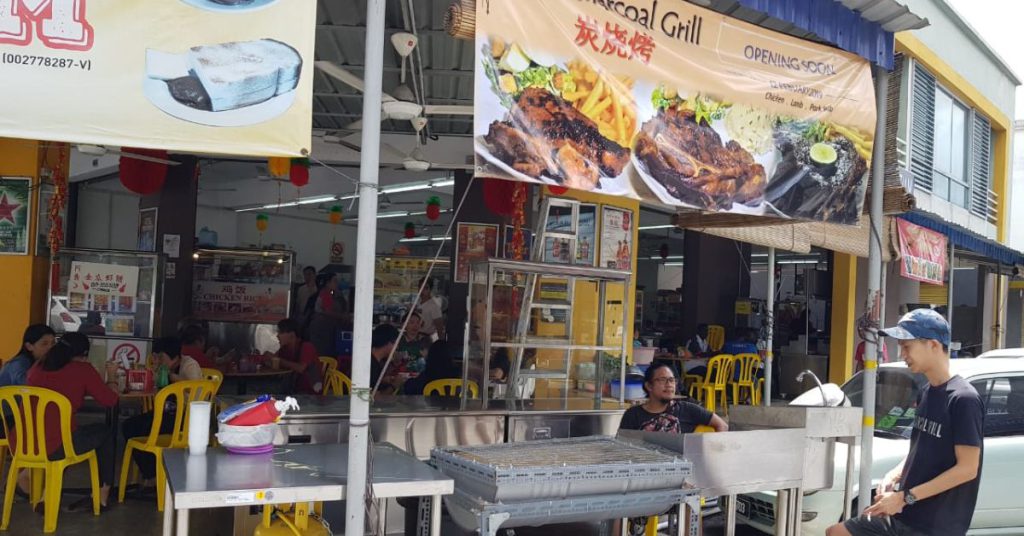
Starting with a hawker stall seemed like a practical choice. It offered a low startup cost and high foot traffic, allowing them to test their market with minimal financial risk, he shared.
The trio faced the harsh reality of running a hawker stall, but their determination and vision kept them going.
“We initially weren’t confident with ourselves and the product, hence why we kick-started with hawker stall. It was merely a safety net for us, should it fail, we would not be heavily in debt,” said Samuel.
Their initial success and support from the Kota Kemuning community inspired them to open additional stalls in Subang SS14, Bandar Rimbayu, and Bandar Parklands, although this expansion was short-lived.
Despite the success, the dream of owning a restaurant remained strong. After years of grinding in the hawker scene, the team decided to make the leap to a full-fledged restaurant.
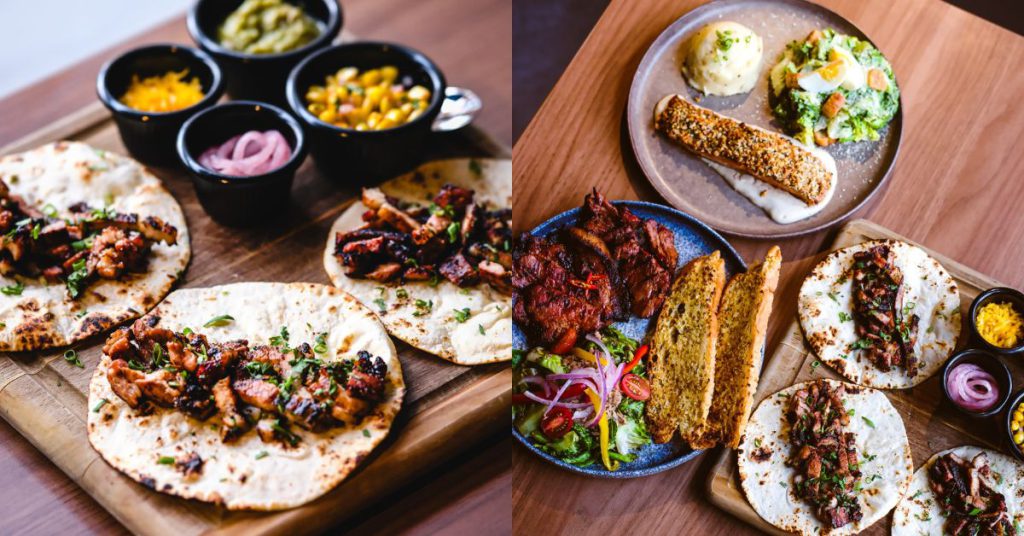
This shift was not just about changing their business model but also about enhancing the customer experience.
They wanted to offer more than just food—they wanted to provide a memorable dining experience with better hygiene, service quality, and ambience.
Navigating the challenges of the pandemic and expansion
The pandemic presented a significant challenge, forcing many businesses to rethink their strategies. TCG when it was still running as a hawker stall adapted by shifting to frozen products, leveraging their marinated meats to meet the growing demand for home-cooked meals.
The introduction of vacuum-sealed packaging and partnerships with retailers allowed them to stay afloat during these challenging times.
The shift in consumers, with an increased focus on home cooking and grocery shopping, provided an unexpected opportunity.
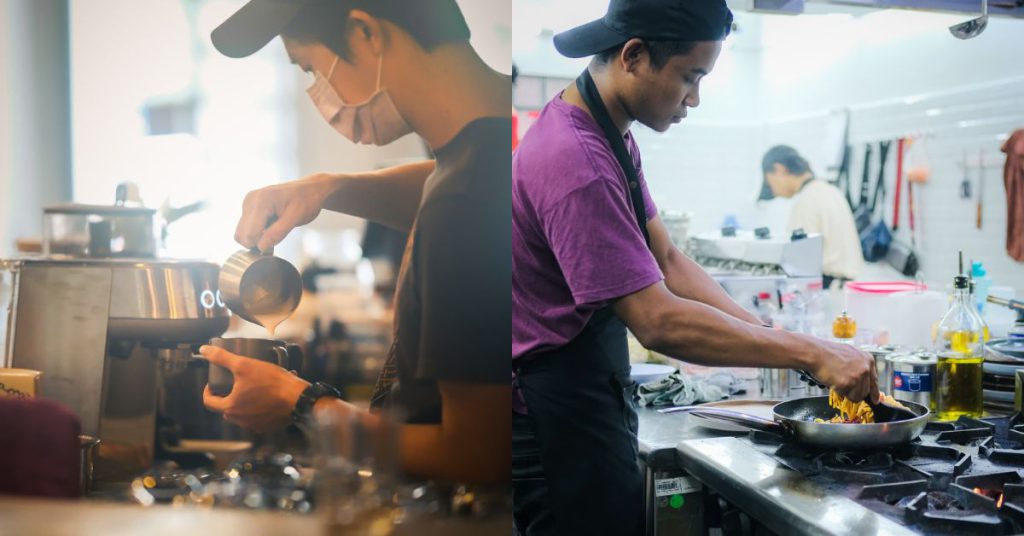
TCG’s ability to adapt and innovate in response to these changes helped them weather the storm and emerge stronger.
The transition from a hawker stall to a restaurant was also filled with challenges.
He said, “We faced a huge rise in operating costs—about five times the cost of operating in the hawker stall—and not knowing if the revenue could cover this increase worried us.”
Plus, managing a restaurant requires new skills and knowledge. The renovation process, from layout planning to interior design, was a significant undertaking.
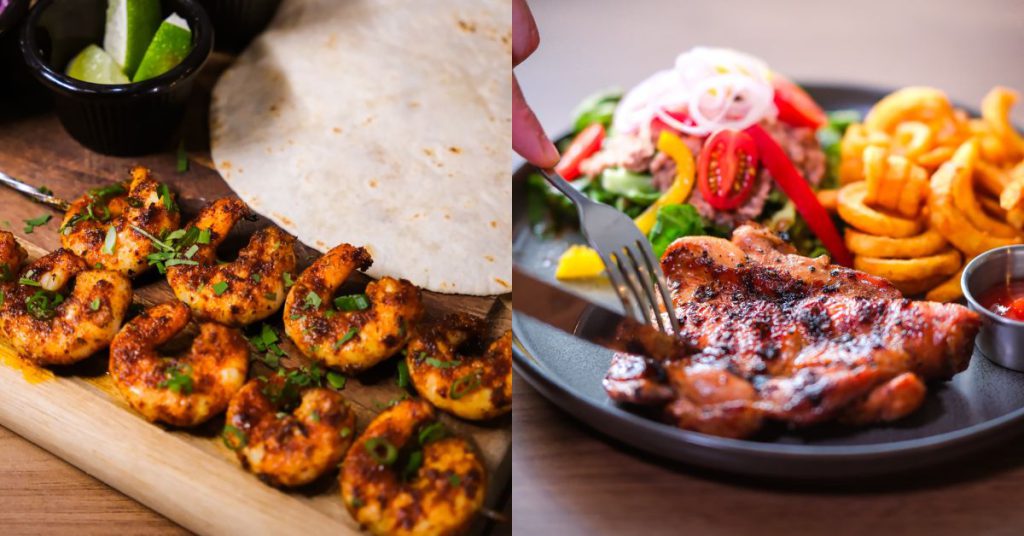
“During hawker days, we only had to make sure the quality of food was right. Upon moving into a restaurant, we had to ensure the quality of service was met, food quality was up to standard, shop cleanliness, and more. These are just on the surface level.”
“From the management end, there was more paperwork and we had to learn to manage the company cash flow properly with more purchases and salaries to pay,” Samuel noted.
Even with these challenges, their focus on maintaining high food quality and customer satisfaction remained unwavering.
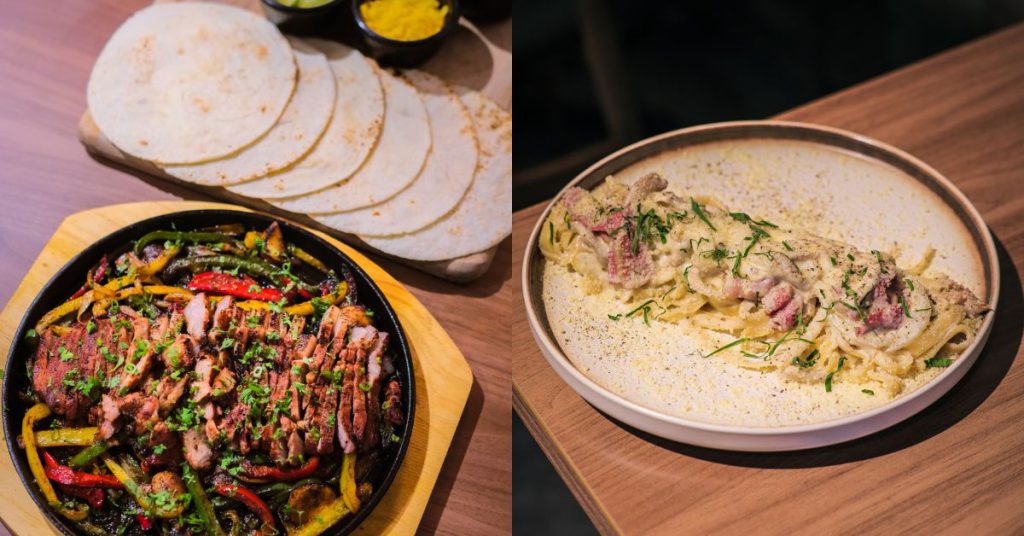
Finding their niche
In a market saturated with Western food options, TCG carved out its niche by using charcoal to grill its meat dishes.
“We found that there was not any mid-range Western restaurant in the Klang Valley that cooks their meat dishes using charcoal. The ones that use charcoal to grill are mainly higher-end steakhouses, Korean BBQ restaurants, Japanese BBQ restaurants, or Thai BBQ Restaurants,” Samuel shared.
So, TCG saw an opportunity to bring this flavour to a more accessible, mid-range market. Their commitment to marinated meats, rather than relying on sauces, set them apart.
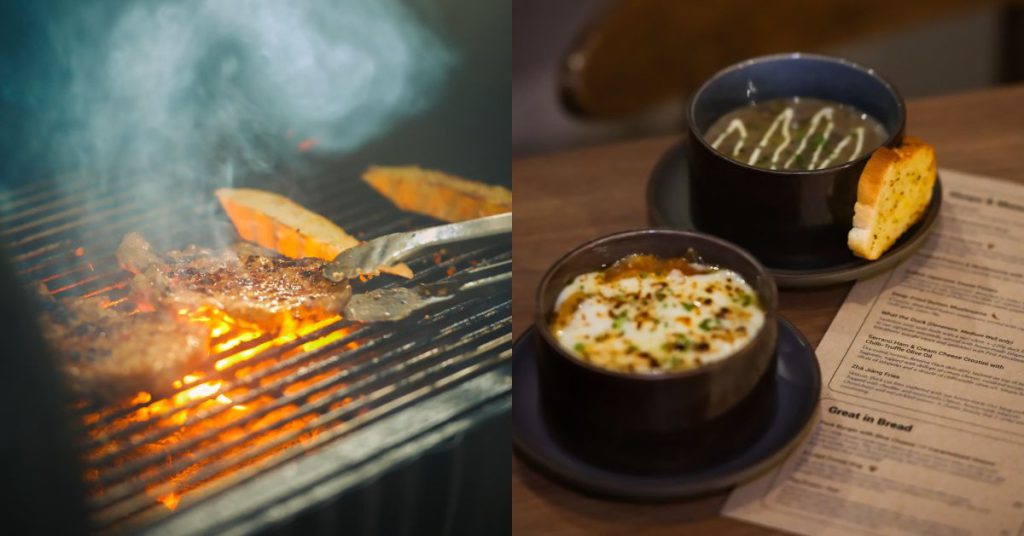
“We also find that most of the options provided by restaurants are somewhat similar in terms of flavours. For example, chops served with black pepper sauce, mushroom sauce, Hainanese sauce, and whatnot. For us, the flavours of the meat do not come from the sauce, but from the marinade itself,” Samuel shared.
Hence, the Signature Marinated Series became a hallmark of their menu and it comes with no sauce.
Additionally, TCG’s approach to customisation allowed customers to select their preferred side dishes, offering a personalised dining experience that stood out from the fixed menu options of many competitors.
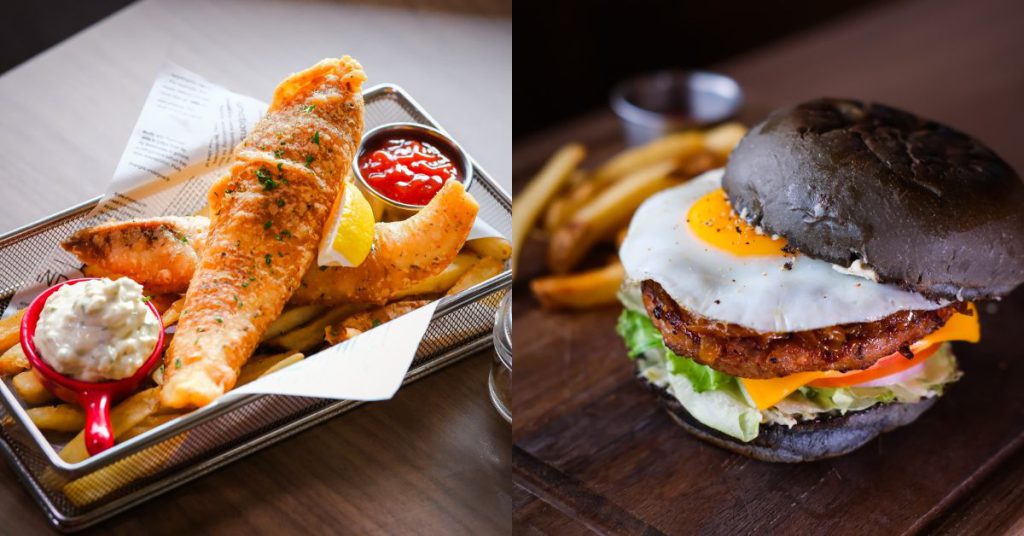
This flexibility, combined with their distinctive flavours, helped them build a loyal customer base.
Expanding horizons and future goals
Despite two successful outlets in Damansara Uptown and Kota Kemuning and a growing customer base, TCG’s vision extends beyond its current achievements.
They aim to become a top choice for mid-range Western grill restaurants in Klang Valley, maintaining their commitment to quality and affordability.
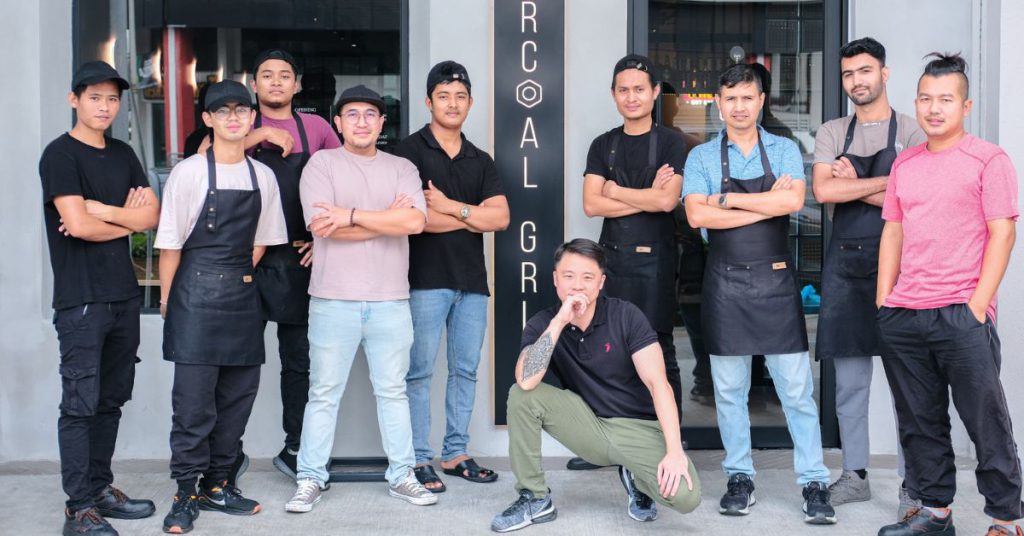
Expansion plans include opening more outlets in Subang Jaya, Setia Alam, and Cheras, with a focus on continuous improvement and brand recognition.
The team’s long-term goal is to automate business processes and create better standard operating procedures.
They believe that by staying true to their values and focusing on customer satisfaction, they can achieve their vision of becoming a trusted name in the mid-range Western restaurant market.
For those considering entering the food and beverage industry, TCG’s founders offer a candid piece of advice: “Don’t. But if you’re determined, ensure you do thorough research, test your product, and seek honest feedback.”
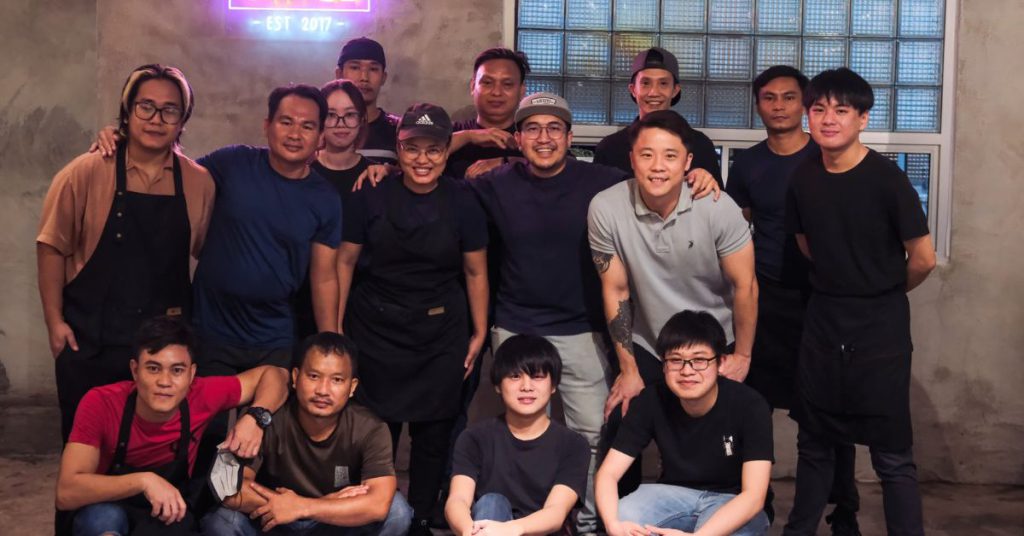
“The F&B business is not a quick path to wealth but a challenging journey that requires dedication, time, and effort,” they shared.
Understanding this, it’s a journey that has paid off for the driven trio.
- You can learn more about The Charcoal Grill here.
- Read other articles we’ve written about Malaysian startups here.
Featured Image Credit: The Charcoal Grill



